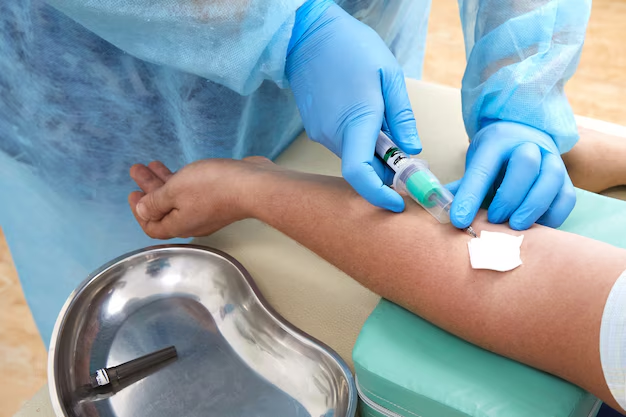How Hard Is It To Become A Phlebotomist?
Embarking on a career as a phlebotomist is a journey that blends practical skills with compassionate patient care, making it an appealing option for those interested in the medical field. While you don’t necessarily need a college degree, completing a specialized phlebotomy training program is essential. These programs, often found at community colleges and vocational schools, typically take less than a year to complete. They cover crucial topics such as venipuncture techniques, human anatomy, and infection control. Once you've completed the educational requirements, obtaining certification from a recognized body, like the National Phlebotomy Association or the American Society for Clinical Pathology, can significantly enhance your employability and professional credibility. Some states also require a license, making it critical to verify local regulations. With the right training and certifications, a fulfilling career in phlebotomy is within reach for those willing to invest in their education.
Pursue These Credentials to Become a Phlebotomist:
- 🎓 Phlebotomy Training Program: Offered by community colleges and vocational schools, this foundational step provides hands-on experience and classroom education.
- 📜 Certifications: Not mandatory but recommended for better job prospects. Consider:
- National Phlebotomy Association (NPA)
- American Society for Clinical Pathology (ASCP)
- American Medical Technologists (AMT)
- 🏢 State License (If Required): Essential in certain states, ensuring compliance with local regulations.
- 🚑 Basic Life Support (BLS) Certification: Often required by employers to ensure patient safety in emergency situations.

Related Topics
- Becoming Dental Hygienist
- Dental Hygienist Duration
- Dialysis Tech Timeline
- Dialysis Technician Timeline
- Flight Paramedic Duration
- Hygienist Timeline
- Become Lab Tech
- Mammography Tech Timeline
- MRI Technologist Duration
- Nurse Technician Timeline
- Pathologist Assistant Timeline
- Pediatric Sonographer Timeline
- Pharm Tech Timeline
- Pharmacy Technician Timeline
- Becoming Psychiatric Technician